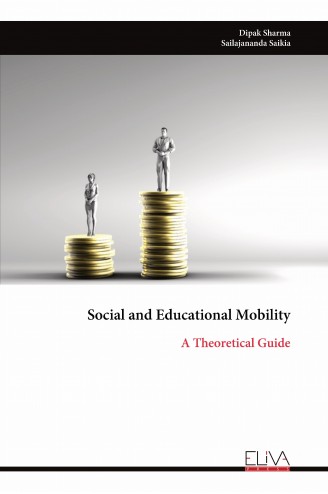Descripción
The concept of social mobility is one of the mainstream concepts in the discipline of sociology. It is a broad concept and is one of the widely studied topics across all social science domains. Further, the concept of social mobility is fundamental in the studies of a broad topic called “social stratification” within the domain of sociology. The term “social stratification” in sociological context refers to the segregation of the human population into hierarchical social layers or classes based on the principle of existing inequalities in the distribution of social power, social rights and privileges, duties, responsibilities, etc among the members of a society. This book embarks on an in-depth exploration of social mobility, unravelling its intricate layers and dynamics, with a particular spotlight on educational mobility—an essential pillar of social advancement. The introduction offers a precise definition of social mobility, laying the foundation for understanding its broader implications. It highlights key aspects, including the various types of social mobility, methods of measurement, and, most importantly, its significance in shaping societal structures. As the narrative unfolds, the focus shifts to educational mobility. Here, the book delves into fundamental concepts, offering insights into how education influences social positioning. It categorizes different types of educational mobility and discusses their measurements, providing a comprehensive framework for analysis. By underscoring the importance of educational mobility, the text illuminates its critical role in fostering opportunities and enabling individuals to navigate the complexities of social structures. This thorough examination not only deepens our understanding of educational mobility but also emphasizes its transformative potential in promoting equity and social justice.

